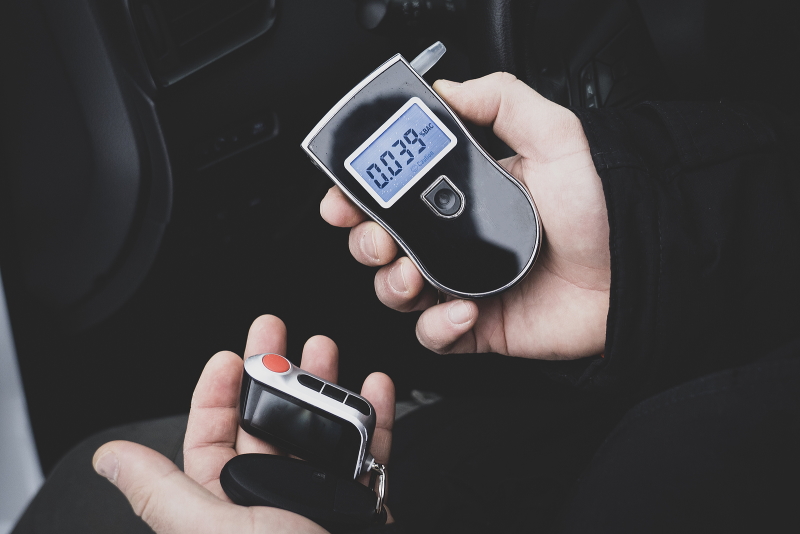Understanding BAC Tests: What You Need to Know
Blood Alcohol Content (BAC) tests are crucial in determining a driver's level of intoxication. These tests measure the amount of alcohol present in a person's bloodstream and are often used in DUI cases to establish impairment. Understanding how these tests work can help individuals navigate the legal landscape surrounding DUI charges.
There are various methods for conducting BAC tests, including breathalyzers, blood tests, and urine tests. Each method has its own procedures and legal implications. For instance, breathalyzers are commonly used during traffic stops, while blood tests may be conducted at hospitals. Knowing the differences and the potential for inaccuracies in these tests can be vital in defending against DUI charges.
Legal Consequences of DUI Charges in Texas
In Texas, the legal consequences of a DUI charge can be severe, impacting both your driving privileges and your criminal record. Penalties can range from fines and community service to jail time, depending on the severity of the offense and whether it is a first-time or repeat offense.
For first-time offenders, penalties may include a fine of up to $2,000, a jail sentence of up to 180 days, and a license suspension for up to one year. Repeat offenders face harsher penalties, including longer license suspensions and mandatory installation of an ignition interlock device. Understanding these consequences is crucial for anyone facing DUI charges in Texas.
Common Defenses Against DUI Charges
When facing DUI charges, there are several common defenses that an attorney may use to help reduce or dismiss the charges. These defenses often focus on challenging the validity of the BAC test results, the legality of the traffic stop, or the behavior of law enforcement during the arrest.
For example, if the breathalyzer was not calibrated correctly or the officer did not follow proper procedures, the test results may be deemed inadmissible in court. Additionally, if the officer lacked probable cause to pull over the driver, any evidence obtained during the stop could potentially be thrown out. Each case is unique, and a skilled attorney can determine the best defense strategy based on the specific circumstances.
Steps to Take After a DUI Arrest
If you find yourself arrested for DUI, it is essential to know the steps you should take immediately following the incident. First and foremost, remain calm and cooperative with law enforcement. Avoid making any statements that could be used against you in court.
After your release, the next step is to consult with a qualified DUI attorney who can provide guidance on your rights and options. It is also crucial to understand the timeline for responding to charges and any court appearances you may need to attend. Taking prompt action can significantly impact the outcome of your case.


